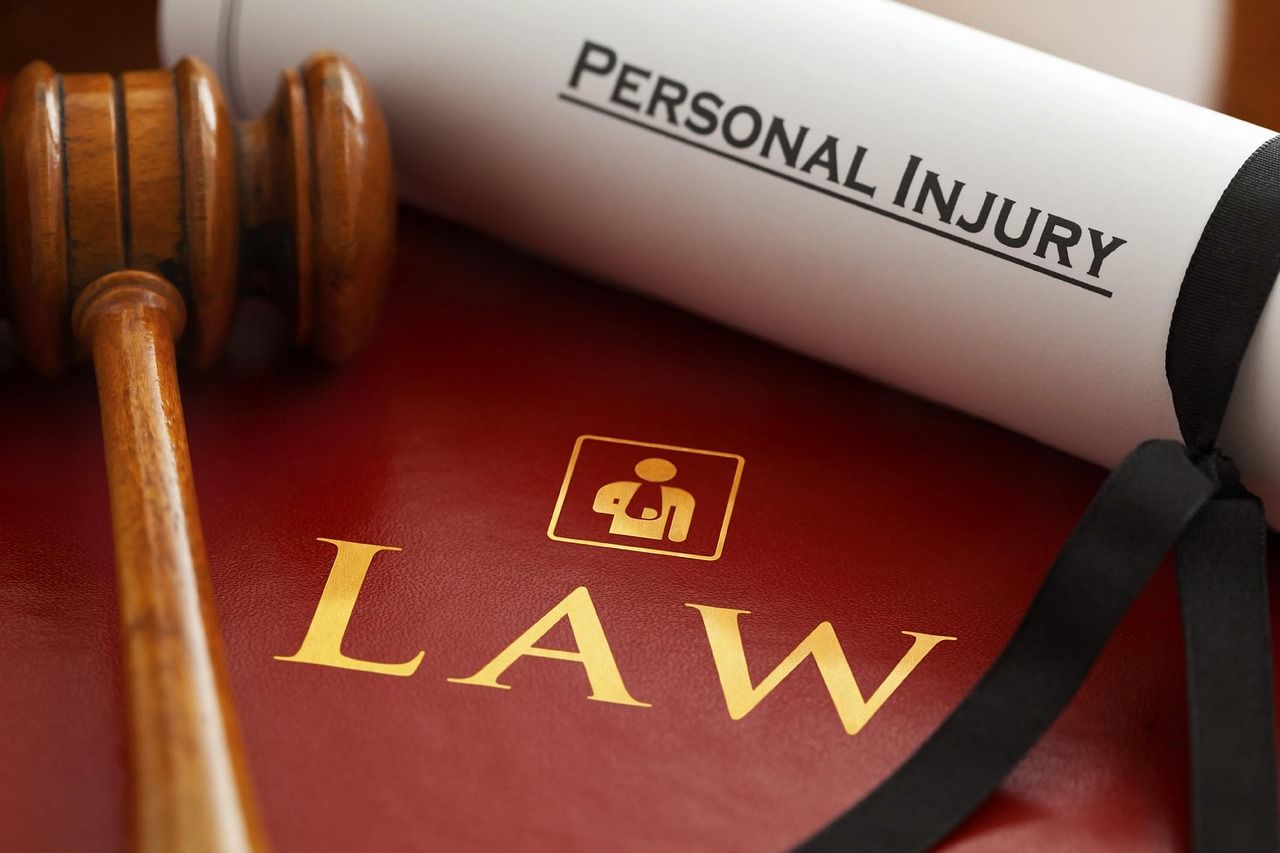Understanding Wrongful Death Claims in New Jersey: A Comprehensive Guide
What exactly is wrongful death under New Jersey law?
Wrongful death in civil law focuses on claims made by dependents of someone who has passed away against those responsible for their loved one's death. Unlike criminal cases which result in punishment, civil wrongful death claims seek monetary damages. New Jersey law specifically doesn't allow claims for grief or loss of love, as these are considered priceless. Instead, compensation focuses on quantifiable monetary losses.
How are damages calculated in wrongful death cases?
Damages are calculated based on tangible financial losses and services that can be equated to monetary value. This includes:
- Educational support (like college tuition)
- Household services (maintenance, cooking, cleaning)
- Loss of companionship (calculated at market rates, currently around $18/hour)
- Future projected losses based on life expectancy
What role do economists play in determining compensation?
Economists provide expert testimony to help calculate the monetary value of lost services and companionship. They use market rates and statistical data to project future losses. While their calculations serve as evidence, juries have latitude to adjust these figures based on testimony and their judgment of the circumstances.
What immediate steps should families take when considering a wrongful death claim?
- Contact an attorney immediately
- Consider requesting an autopsy if cause of death is unclear
- Gather necessary documentation (death certificate with raised seal, will if applicable)
- Visit the surrogate's court to set up an estate
- Determine whether to pursue general administration or ad prosequendum
How does the estate process work in wrongful death cases?
Families must establish an estate through the surrogate's court. This can be either a general administration (for distributing existing assets) or ad prosequendum (specifically for pursuing legal action). While personal injury attorneys can assist with wrongful death claims, cases involving substantial estates may require additional estate attorney expertise.










